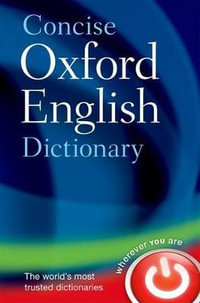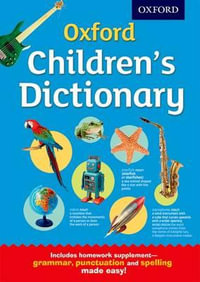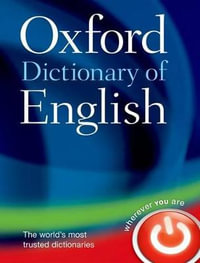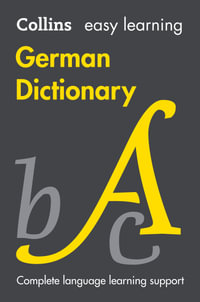
At a Glance
Paperback
RRP $100.95
$64.95
36%OFF
Aims to ship in 5 to 10 business days
When will this arrive by?
Enter delivery postcode to estimate
ISBN: 9780199250844
ISBN-10: 0199250847
Series: Oxford Studies in Lexicography and Lexicology
Published: 1st August 2002
Format: Paperback
Language: English
Number of Pages: 248
Audience: Professional and Scholarly
Publisher: Oxford University Press UK
Country of Publication: GB
Dimensions (cm): 23.5 x 15.9 x 1.4
Weight (kg): 0.36
Shipping
| Standard Shipping | Express Shipping | |
|---|---|---|
| Metro postcodes: | $9.99 | $14.95 |
| Regional postcodes: | $9.99 | $14.95 |
| Rural postcodes: | $9.99 | $14.95 |
How to return your order
At Booktopia, we offer hassle-free returns in accordance with our returns policy. If you wish to return an item, please get in touch with Booktopia Customer Care.
Additional postage charges may be applicable.
Defective items
If there is a problem with any of the items received for your order then the Booktopia Customer Care team is ready to assist you.
For more info please visit our Help Centre.

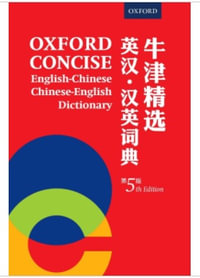
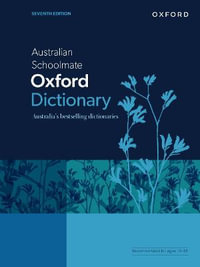
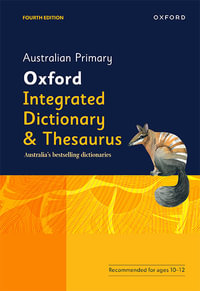


![Collins Easy Learning Complete French Grammar, Verbs and Vocabulary (3 Books In 1) [2nd Edition] : Trusted Support for Learning - Collins Dictionaries](https://www.booktopia.com.au/covers/200/9780008141721/5905/collins-easy-learning-complete-french-grammar-verbs-and-vocabulary-3-books-in-1-2nd-edition-.jpg)



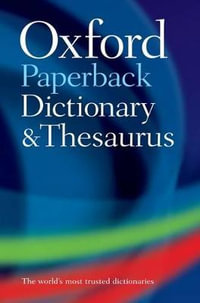

![Collins Italian Dictionary and Grammar : 120,000 Translations Plus Grammar Tips [Fourth Edition] - Collins Dictionaries](https://www.booktopia.com.au/covers/200/9780008241407/6207/collins-italian-dictionary-and-grammar.jpg)

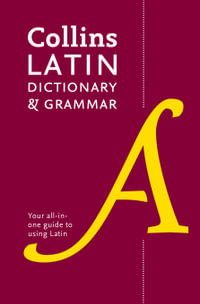
![Collins English Dictionary Complete and Unabridged Edition [14th Edition] : More Than 732,000 Words Meanings and Phrases - Collins Dictionaries](https://www.booktopia.com.au/covers/200/9780008511340/0814/collins-english-dictionary-complete-and-unabridged-edition-14th-edition-.jpg)
